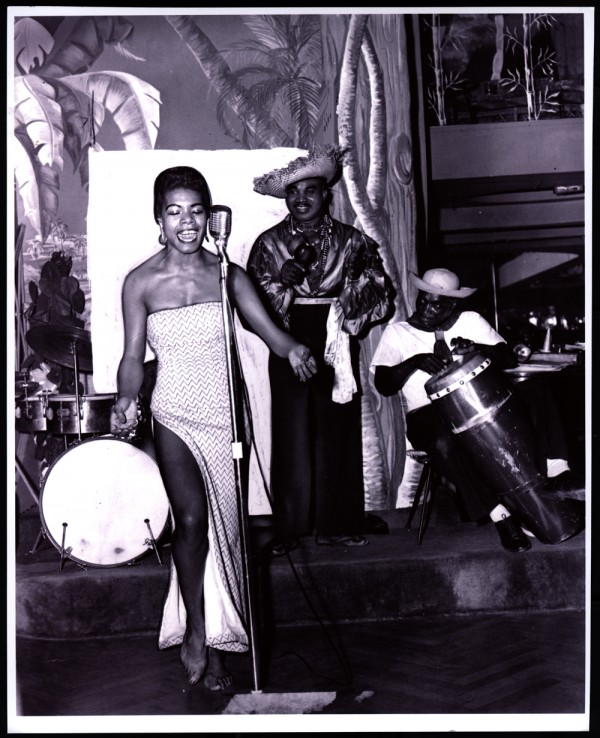NEW YORK TIMES: Maya Angelou, the memoirist and poet whose landmark book of 1969, “I Know Why the Caged Bird Sings” — which describes in lyrical, unsparing prose her childhood in the Jim Crow South — was among the first autobiographies by a 20th-century black woman to reach a wide general readership, died on Wednesday in her home. She was 86 and lived in Winston-Salem, N.C. Her death was confirmed by her longtime literary agent, Helen Brann. No immediate cause had been determined, but Ms. Brann said Ms. Angelou had been in frail health for some time and had heart problems. As well known as she was for her memoirs, which eventually filled six volumes, Ms. Angelou very likely received her widest exposure on a chilly January day in 1993, when she delivered the inaugural poem, “On the Pulse of Morning,” at the swearing-in of Bill Clinton, the nation’s 42nd president, who, like Ms. Angelou, had grown up poor in rural Arkansas. Long before that day, as she recounted in “Caged Bird” and its five sequels, she had already been a dancer, calypso singer, streetcar conductor, single mother, magazine editor in Cairo, administrative assistant in Ghana, official of the Southern Christian Leadership Conference and friend or associate of some of the most eminent black Americans of the mid-20th century, including James Baldwin, the Rev. Dr. Martin Luther King Jr. and Malcolm X. Afterward (her six-volume memoir takes her only to the age of 40), Ms. Angelou was a Tony-nominated stage actress; college professor (she was for many years the Reynolds professor of American studies at Wake Forest University in Winston-Salem); ubiquitous presence on the lecture circuit; frequent guest on television shows, from “Oprah” to “Sesame Street”; and subject of a string of scholarly studies. In February 2011, President Obama awarded her with the Presidential Medal of Freedom, the country’s highest civilian honor. Throughout her writing, Ms. Angelou (pronounced AHN-zhe-lo) explored the concepts of personal identity and resilience through the multifaceted lens of race, sex, family, community and the collective past. As a whole, her work offered a cleareyed examination of the ways in which the socially marginalizing forces of racism and sexism played out at the level of the individual. “If growing up is painful for the Southern Black girl, being aware of her displacement is the rust on the razor that threatens the throat,” Ms. Angelou wrote in “I Know Why the Caged Bird Sings.” MORE

